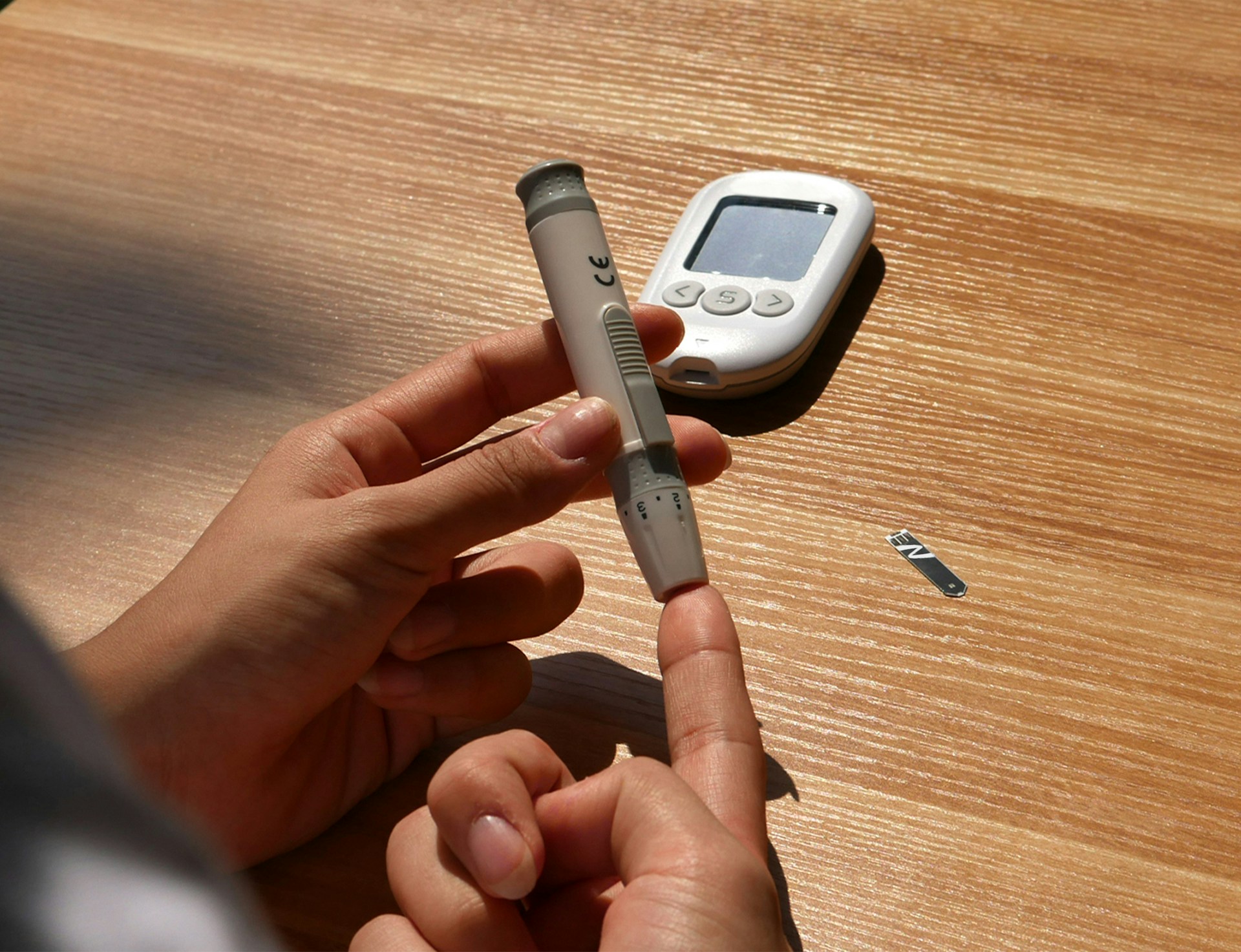Diabetes is a chronic health condition that affects how your body turns food into energy. With over 537 million adults living with diabetes globally (IDF, 2023), it’s one of the most pressing health issues of our time. But here’s the good news: with the right knowledge and lifestyle choices, managing diabetes is absolutely possible.
In this blog post, we’ll break down everything you need to know—from the basics of what diabetes is to tips on how to live a healthy, fulfilling life with it.
What Is Diabetes?
Diabetes occurs when your body either doesn’t make enough insulin or can’t use the insulin it produces effectively. Insulin is the hormone that helps glucose (sugar) enter your cells for energy. Without it, glucose builds up in the blood, leading to high blood sugar levels.
Types of Diabetes
There are three main types of diabetes, each with distinct causes and treatment strategies.
1. Type 1 Diabetes
-
Cause: Autoimmune reaction where the body attacks insulin-producing cells.
-
Typically diagnosed: In children and young adults.
-
Treatment: Requires daily insulin injections or use of an insulin pump.
2. Type 2 Diabetes
-
Cause: The body becomes resistant to insulin or doesn’t produce enough.
-
Typically diagnosed: In adults over 40, but increasingly common in younger people.
-
Treatment: Managed with lifestyle changes, oral medications, and sometimes insulin.
3. Gestational Diabetes
-
Occurs during pregnancy
- Often resolves after birth but increases risk of Type 2 diabetes later.
- Requires careful monitoring of diet and blood sugar levels.
Common Symptoms of Diabetes
Symptoms can vary depending on the type, but common signs include:
- Frequent urination
- Excessive thirst
- Unexplained weight loss
- Fatigue
- Blurred vision
- Slow-healing wounds
- Tingling or numbness in hands or feet
🩺 Pro Tip: Many people with Type 2 diabetes have no symptoms at all. Routine screening is key, especially if you’re at high risk.
Risk Factors for Diabetes
You may be at higher risk if you:
- Have a family history of diabetes
- Are overweight or obese
- Are over the age of 45
- Lead a sedentary lifestyle
- Have high blood pressure or cholesterol
- Had gestational diabetes during pregnancy
How Is Diabetes Diagnosed?
Your doctor may perform one or more of the following tests:
- Fasting Blood Glucose Test
- A1C Test (measures average blood sugar over 2–3 months)
- Oral Glucose Tolerance Test
Managing Diabetes: Lifestyle and Treatment
1. Healthy Eating
-
Focus on whole grains, lean proteins, healthy fats, fruits, and vegetables.
-
Limit refined sugars and processed foods.
-
Use portion control and track carbs to maintain blood sugar levels.
2. Regular Physical Activity
-
Aim for at least 150 minutes of moderate exercise weekly.
-
Walking, cycling, swimming, or strength training can help regulate blood sugar.
3. Medication and Insulin
-
Type 1 diabetes requires insulin therapy.
-
Type 2 diabetes may require oral meds (like Metformin) or insulin in some cases.
4. Monitoring Blood Sugar
-
Keep a glucose log using a meter or continuous glucose monitor (CGM).
-
Work with your healthcare team to set personalized targets.
5. Stress Management and Sleep
-
Chronic stress can spike blood sugar.
-
Prioritize good sleep hygiene and relaxation techniques like yoga or meditation.
Complications of Uncontrolled Diabetes
If left unmanaged, diabetes can lead to serious complications such as:
- Heart disease and stroke
- Kidney damage (nephropathy)
- Eye damage (retinopathy)
- Nerve damage (neuropathy)
- Foot problems, including infections and amputations
🚨 Important: Regular checkups and consistent blood sugar control can prevent or delay complications.
Living Well With Diabetes
Having diabetes doesn’t mean you can’t live a vibrant, active life. Many people with diabetes go on to run marathons, start businesses, and live long, healthy lives.
Tips for Thriving:
- Join a diabetes support group
- Educate friends and family
- Stay consistent with your care plan
- Celebrate your progress
Conclusion
Diabetes is a lifelong condition, but it doesn’t have to define your life. With education, the right support, and proactive management, you can lead a healthy, empowered life.
Remember, you are not alone—millions are managing diabetes successfully every day. Let today be the day you take control of your health.
FAQs About Diabetes
Q: Can diabetes be cured?
A: Type 1 diabetes cannot be cured. Type 2 can sometimes go into remission with lifestyle changes, but it requires lifelong attention.
Q: What foods should diabetics avoid?
A: Avoid sugary drinks, refined carbs, and trans fats. Focus on balanced, nutrient-dense meals.
Q: Is fruit bad for diabetics?
A: No—but portion control is key. Choose whole fruits over fruit juices and monitor blood sugar response.


